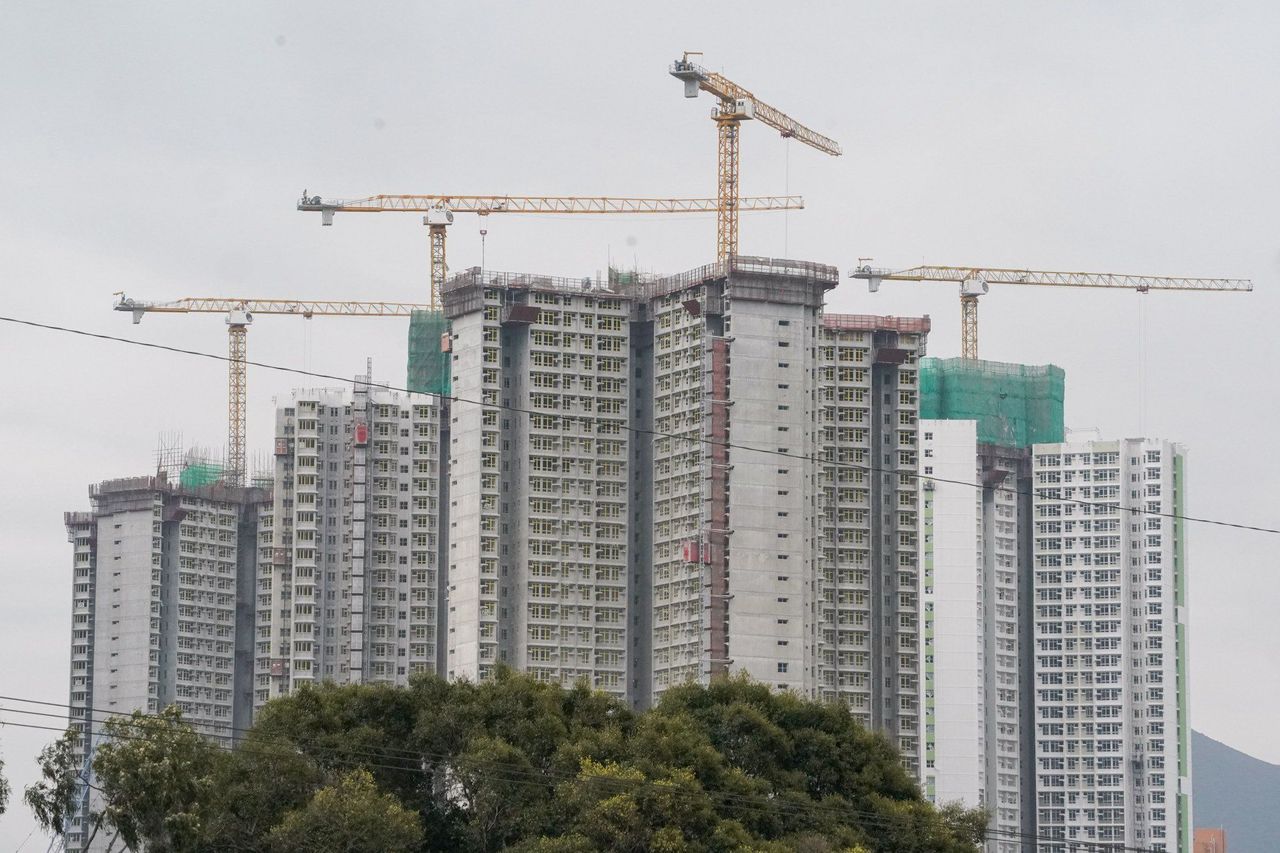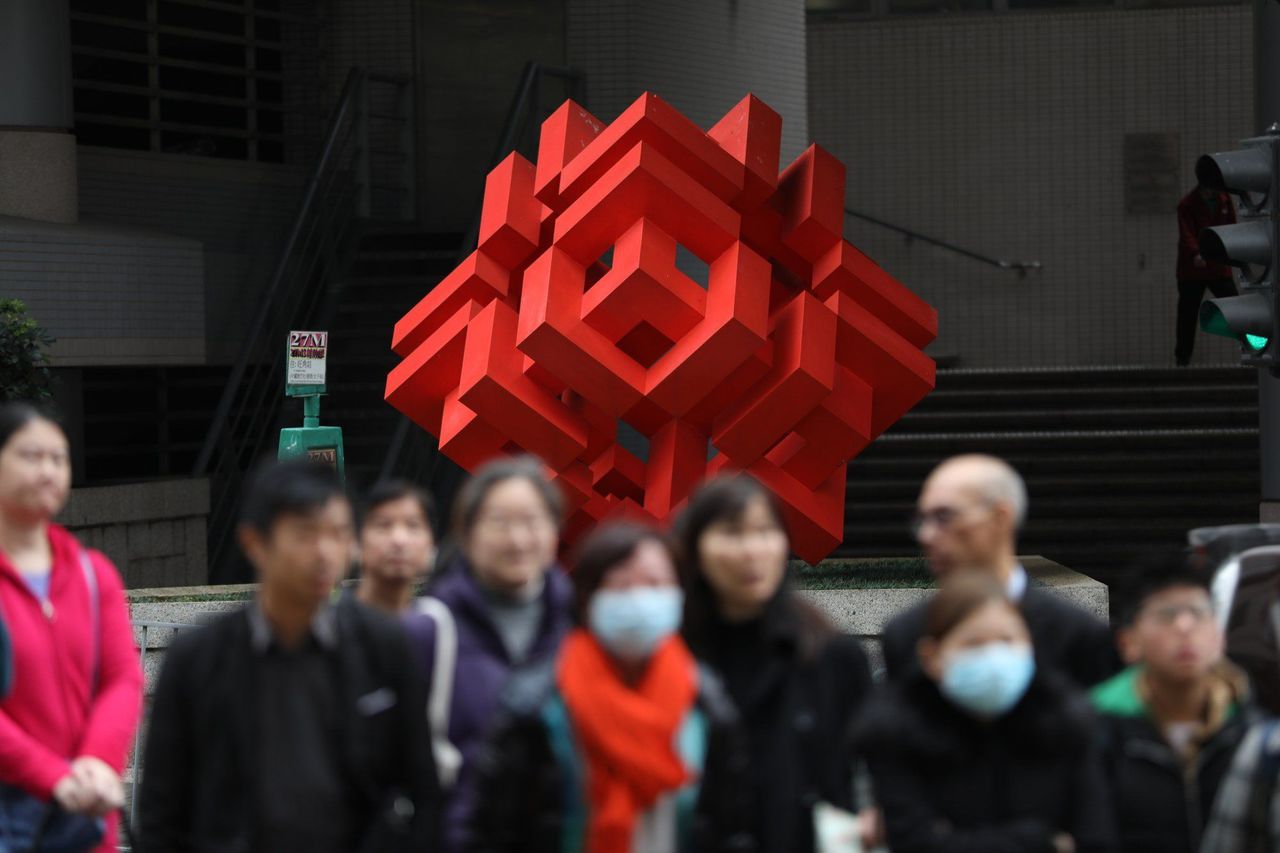Figure released by Housing Authority marks longest waiting period since 1998.
The average waiting time for a public housing flat in Hong Kong has increased to 6.1 years, the longest since 1998, according to official figures released on Thursday.
The wait is more than double the government’s target of three years and has grown longer in recent years, hitting 5.1 years in 2018 and hovering around 5.4 to 5.5 years until June 2020. It then continued to gradually increase, reaching a record of six years in December 2021.
The data from the Housing Authority showed there were 147,500 general applications for public rental flats as of the end of March, with the average waiting time reaching a 24-year high of 6.1 years.
The average wait for a single elderly person was 4.1 years during the same period, accounting for an increase of 1.2 months over the last quarter.
The Housing Department attributed the rise to the phased intake of a large number of applicants at several big public housing projects, such as Queen’s Hill Estate in Fanling, Hoi Tat Estate and Pak Tin Estate in Sham Shui Po, in the first quarter of 2022. It said the latest figure reflected the residents’ waiting period.
 Queen’s Hill Estate in Fanling.
Queen’s Hill Estate in Fanling.
Cleresa Wong Pie-yue, chairman of the Housing Authority’s subsidised housing committee, said the waiting time was slightly affected because more than 3,000 flats had been lent to the government as isolation facilities. The intake is expected to start in phases between late May and mid-June.
Wong admitted that the current public housing supply could not meet the city’s demand and it would take time to significantly improve the wait.
The government said earlier it had identified 350 hectares of land for building 330,000 flats to fulfil the demand for housing over the next 10 years, but most of them could only be built roughly between 2027 and 2032.
Chief Executive-elect John Lee Ka-chiu has proposed an advance allocation scheme under which flats at selected public housing estates could be offered to families on the waiting list before infrastructure and transport facilities are completed. Lee said he hoped to make the projects available a year earlier than expected.
Wong said she believed the authority would cooperate with the new government as much as possible on the scheme. The authority would also work with other service providers “who have a stake [in the project]”, she added, citing transport arrangements for residents in rural areas as an example.
Leung Man-kwong, deputy chairman of the Legislative Council’s housing panel, said the wait for some residents could have been even longer than 6.1 years, since the figure was only an average of the duration.
“The situation will get worse because more large-scale public housing estates will be completed in the future,” Leung said. “Many applicants have waited for over six years.”
 The Housing Authority headquarters in Ho Man Tin.
The Housing Authority headquarters in Ho Man Tin.
Leung said he expected Lee’s advance allocation scheme would ease the wait for families in need, adding that the government should allocate flats earlier by reducing the amenities shared among different blocks in large-scale public estates to speed up allocation.
A concern group, Kwai Chung Subdivided Flats Residents’ Alliance, said it was not surprised by the increased waiting time. However, it expressed reservations about the scheme since some residents had already been allocated public housing flats without infrastructure under current practices.
“[A lack of infrastructure] is another difficult situation for the residents,” said Kenny Ng Kwan-lim, a member of the alliance. “Even with the current policy, the waiting time is 6.1 years. If it is to be shortened, when will the infrastructure be built?”
Ng said he also feared the scheme would have a limited effect on reducing the waiting period.
The Democratic Party said the increased waiting period showed the existing administration had failed to resolve housing issues for low-income families, adding that this was disappointing for the public.
“The completion of new public housing estates in the next few years will slow down and the wait will be even longer. We urge the government to introduce more measures in helping low-income families, such as increasing the supply of transitional housing,” said Mok Kin-shing, the party’s housing policy spokesman.
Ever since Hong Kong’s return to Chinese sovereignty in 1997, authorities have promised to bring down the average waiting time for families to enter public housing to three years.
The figure reached its longest duration immediately after the handover, averaging at 6.6 years in 1997 and 1998, before edging down to six years in 1999.
Separately, the Development Bureau on Thursday received an application under the Land Sharing Pilot Scheme, which would provide about 2,100 public housing or starter home units and 900 private housing flats.
Under the scheme, owners of farmland can apply to the government to increase the development density of their sites, but they must set aside at least 70 per cent of the increased floor area for affordable public housing. In return, the government will improve infrastructure development to enhance the development intensity of the private lots and speed up various planning and project approvals.
The new application is jointly filed by Asia Light Development Limited, Clover Success Limited and Gettenwood Company Limited, all of which are subsidiary companies of Wheelock Properties Limited.
Located at the south of She Shan Road, Lam Tsuen in Tai Po, the site area is more than 52,000 square metres, where one-fifth of it is government land. It has a total gross floor area of about 159,000 square metres.
The government received three other applications last year, which would contribute to about 12,250 public housing or starter homes and 5,600 private flats.















